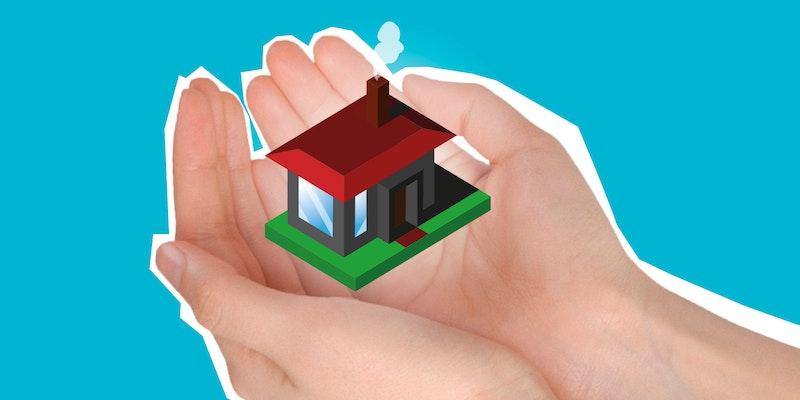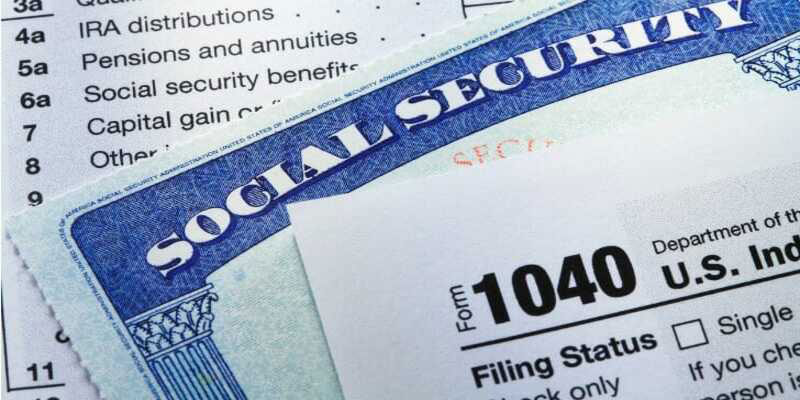The financial landscape is continuously evolving, and with it, new financial products emerge to cater to the diverse needs of homeowners. One such product that has garnered attention recently is the home equity agreement, particularly the one offered by Unlock. Without any further ado, let’s get into it right away.
Introduction to Home Equity Agreements
Before discussing Unlock's offering, we must define a home equity arrangement. Home equity agreements allow homeowners to access some of their value without debt. Instead, they accept a lump sum from an investor or firm in exchange for a portion of their home's future appreciation.
Overview of Unlock's Home Equity Agreement
Unlock, headquartered in New York, has carved a niche with its unique home equity agreement. This offering sets it apart from the conventional lenders we often come across. With its operations extending across 15 states, Unlock has positioned itself as a significant figure in the home equity sector.
Loan Amount Range
Unlock allows homeowners to tap into their home's equity, allowing them to access funds ranging from $30,000 to a substantial $500,000. This range offers flexibility, catering to modest and more significant financial needs.
Credit Score Requirement
Unlock has set the bar at a credit score of 500. This means that to be eligible for their home equity agreement, homeowners need to meet this credit threshold. It's a testament to their commitment to offering financial solutions to a diverse clientele.
Repayment Structure
The structure of the agreement is designed to last a decade. The repayment is uniquely linked to the home's appreciated value when it's time to sell. This structure clarifies homeowners' financial commitments in the long run.
Funds Disbursement
After getting the green light for the agreement, homeowners won't have to wait long. The funds are typically made available in a span ranging from 30 to a maximum of 60 days. It's a testament to Unlock's commitment to timely service.
Benefits of Unlock's Offering

Immediate Cash Access
One standout feature of the unlock home equity agreement is the provision to access cash upfront. There's no stress of monthly payments or the accumulation of interest. This is a game-changer for homeowners who need an immediate financial boost without the strings of monthly commitments.
Flexible Credit Score Acceptance
Unlock keeps its doors open to those with a less-than-perfect credit score. Their home equity agreement is within reach for individuals with a credit score as modest as 500. Of course, other criteria exist, but this flexibility speaks volumes about Unlock's inclusive approach. It ensures that a diverse group of homeowners can benefit from this unique financial product.
Potential Drawbacks
Equity Share
The allure of instant cash access through the unlock home equity agreement is undeniable. However, homeowners need to recognize the compromise involved. They agree to give up a slice of their home's future value appreciation by entering this agreement. In simpler terms, they might pocket less than anticipated when it's time to sell the house. The only way to sidestep this is by buying back the equity share from Unlock. Considering both short-term gains and long-term implications, it's essential to weigh this aspect carefully.
The unlock home equity agreement is structured to share the homeowner's stake in the property's future value. It's a unique model, different from traditional loans or mortgages. While the upfront cash can be a boon for immediate financial needs, the long-term implications on the property's value should be a consideration. Homeowners need to ask themselves if they're comfortable sharing a piece of their property's future worth.
Operational Limitations
Currently, Unlock's services are confined to 15 states. This geographical constraint implies that their home equity agreement reviews aren't accessible to homeowners nationwide. Unlock's offerings need to be within reach for those outside these states. It's a limitation that can't be overlooked, especially for those who see the potential benefits of such an agreement.
Associated Costs
Origination Fee
The origination fee is one of the primary costs of the unlock home equity agreement. This fee is 4.9% of the total amount homeowners decide to draw from their equity. It's a one-time charge essential to account for when planning finances.
Third-party Service Fees
Beyond the origination fee, there are other expenses homeowners should be aware of. For instance, services like home appraisals, often mandatory, come with charges. While external to Unlock, these services are integral to the home equity agreement process. Homeowners must be prepared for these additional costs, ensuring they comprehensively understand the financial commitment involved.
Qualifying for Unlock's Home Equity Agreement
The property must be the homeowner's primary residence to tap into the unlock home equity agreement. It's a fundamental criterion, underscoring the product's design to benefit those looking to leverage their primary living space's equity.
Credit and LTV Ratios
Unlock has set clear benchmarks for eligibility. A credit score meeting their specified minimum is a must. The property's loan-to-value (LTV) ratio should be at most 80%. These metrics ensure that the agreement is grounded in sound financial principles.
Financial History
Unlock also closely examines the economic history of applicants and various other factors that may impact the process and future goals. Recent financial misfortunes like bankruptcies or foreclosures are risks. Successful applications require a clean financial slate and debt-to-income ratios.
Conclusion

The unlock home equity agreement stands out as a distinctive financial tool for homeowners. It offers the allure of immediate funds without the typical trappings of traditional loans. However, like all financial products, it has pros and cons.
While the advantages are evident, potential challenges and costs should be noticed. Homeowners must have a holistic view of the unlock home equity agreement. Seeking advice from financial experts, reading up on home equity agreement reviews, and doing due diligence are all steps in the right direction.

Ways to Protect Retirement Money from Market Volatility

All You Need To Know About Unlock Home Equity Agreement

5 Successful Types of Commodity Trading Strategies Beginners Need to Know

Online Brokers for Free Stock Trading

Moving to New Mexico: Things to Know

What is Life Insurance?

UK's Savings Habits: Where Does the Average Stand?

What Is the Highest Social Security Benefit Possible?

The 4 strange phenomena of insurance

An Introduction to Tax-Free Savings Accounts and How They're Computed

What Is a Contribution to Retirement?
